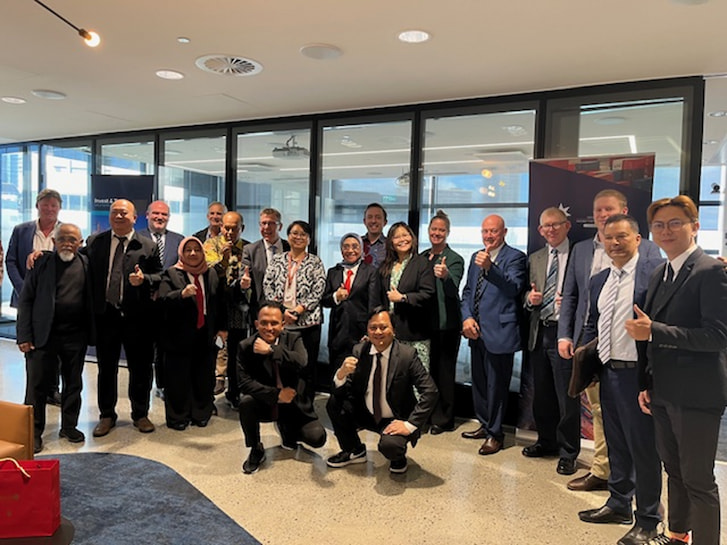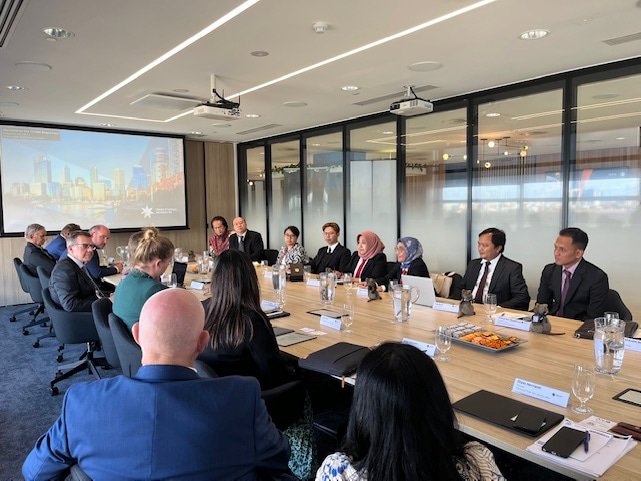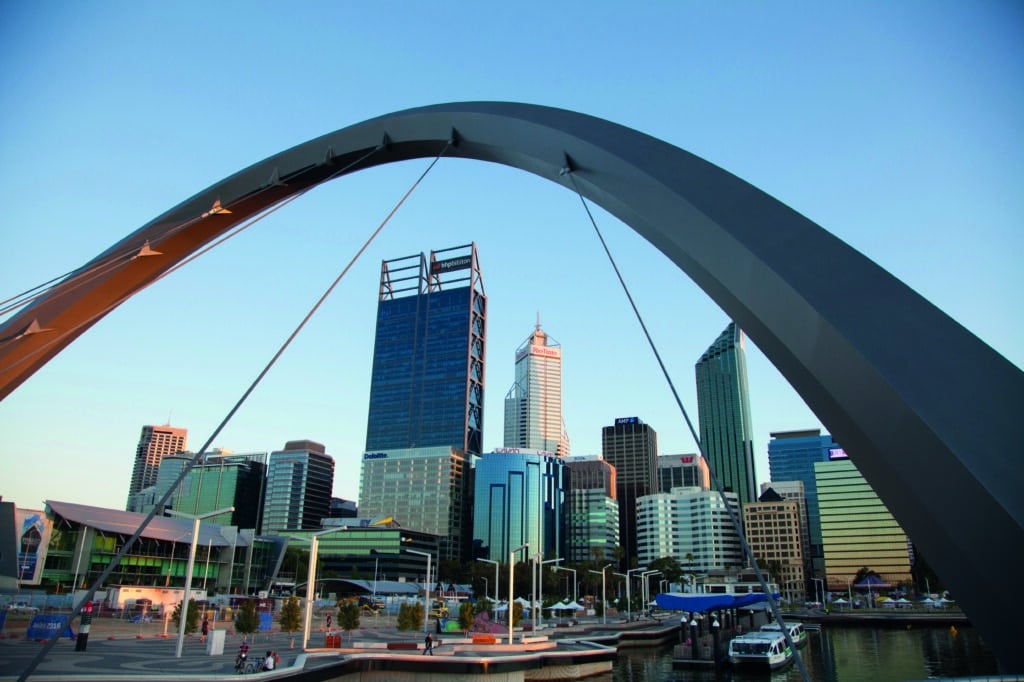Exchanging skills and knowledge is a fundamental aspect of Western Australia’s trade relationship with Indonesia, according to participants at a recent CCIWA roundtable.
 The discussion, at CCIWA’s office, included East Javan livestock businesses and Indonesian Government representatives, along with WA agricultural and manufacturing business leaders airing challenges and identifying trade opportunities.
The discussion, at CCIWA’s office, included East Javan livestock businesses and Indonesian Government representatives, along with WA agricultural and manufacturing business leaders airing challenges and identifying trade opportunities.
Transferring skills was a key part of the Indonesia-Australia Comprehensive Economic Partnership Agreement, enacted in 2020, under the Skills Development Exchange Pilot.
It allows eligible workers to develop workplace skills and build intercultural and business ties across both countries.
Find out more about free trade agreements >
Developing Indonesia’s agriculture industry
The Federal Government’s ban on live sheep exports by sea from May 2028 was a prominent issue impacting Indonesian and WA businesses attending the roundtable.

Indonesia was Australia’s largest export market for live cattle in 2023, accounting for 54% of cattle exports by sea, according to Meat & Livestock Australia.
Most of the Indonesian businesses at the roundtable imported Australian livestock.
Both WA and Indonesian businesses expressed concern that the ban would expand to eventually include all cattle and goat exports, and sheep by airfreight.
As a contingency, East Javan cattle, sheep and goat farming business Kambing Burja has been developing its own herd and flock genetics by importing Australian livestock semen and embryos.
“We still need live animals … but if this happens we thought we should have [a] mitigation [strategy],” says Kambing Burja Managing Director Martinus Alexander.
“The benefit is if we import the animal from [Australia], we can have a partnership in not just doing business but developing a market and increasing the benefit for us both,” he says.
Other attendees shared insights on how WA industry has helped develop Indonesia’s animal husbandry and biosecurity practices.
Boosting local manufacturing
The discussion highlighted how the transfer of skills has been evident in other sectors, like manufacturing.
Perth-headquartered boot manufacturer Steel Blue has been doing business in Indonesia for 30 years and now has three factories there.
Blue Steel Director Greg Johnson says the business has spent years developing its Indonesian workforce to have the specialised skills necessary for boot manufacturing.
“We do our product development in our head office and then we transfer that to Indonesia,” he says.
“[The Indonesian workforce is] very keen to absorb information, learn and upgrade their skills and knowledge and they have a great attitude to do that.”
If you are looking for support or advice in business, investment or trade, contact our experienced International Trade Services team at [email protected].












